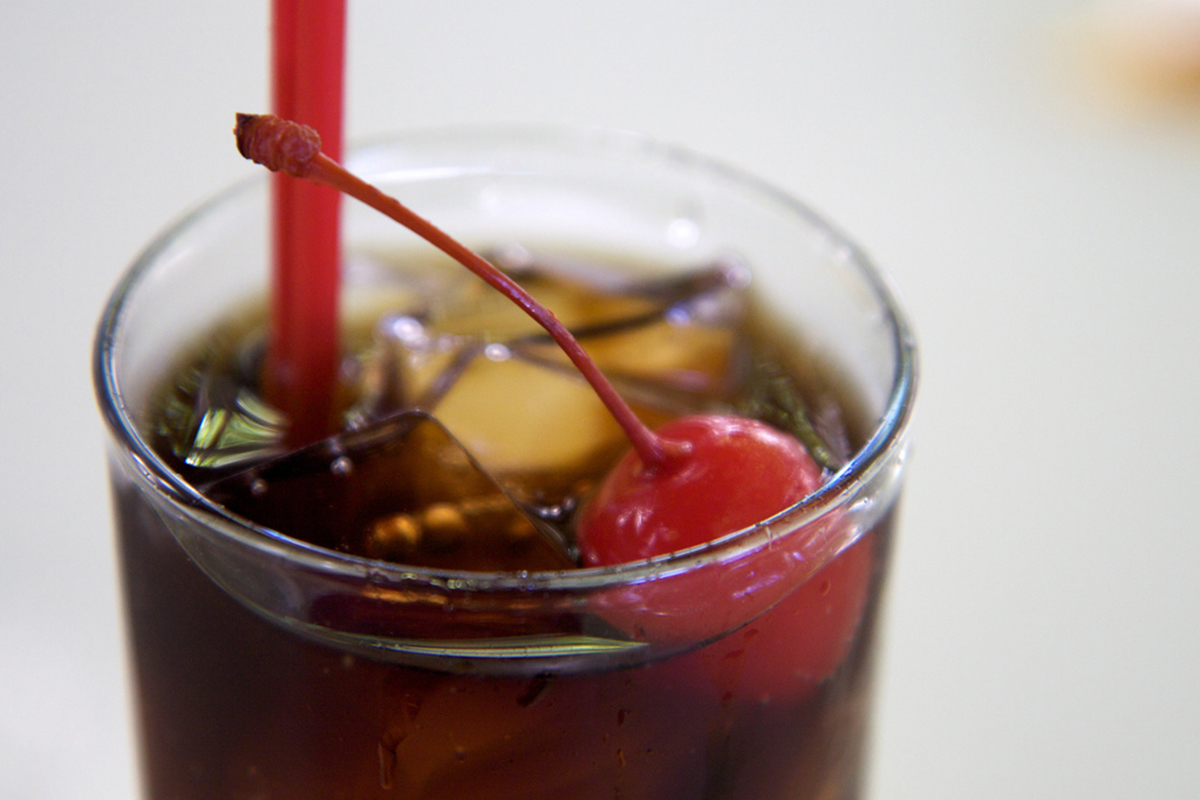Table of Contents
The results of the various studies done over the years suggest that drinking diet soda regularly is not a reliable weight loss solution. One may be taking zero calories from liquids, but it is possible that at the same time, they are eating more calories from solid foods. Scientists observed that artificial sweeteners disrupt appetite control.

Furthermore, Harvard School of Public Health researchers found that in studying the lifestyles and dietary habits of more than 120,000 people over two decades, many other factors could affect changes in weight, including food choices, the amount of physical activity, the amount of sleep, and TV-viewing habits.
Choosing Healthier Drinks
So far studies have shown that neither sugary beverages nor artificially sweetened drinks can help improve excess weight, especially when other factors such as diet and physical activity are unhealthy as well. If you are looking for a variety of drinks to refresh you or perk you up during a busy day, look for other drinks that are healthy and guilt-free such as:
-
Plain, cold water. If you train yourself to take something as plain but refreshing as cool water, it will not be long till you learn not to crave for sweet tastes. Guaranteed to have zero calories!
-
Water with a twist. Add flavor and vitamins to your water by slipping in a few slices of lemon, lime or cucumber.
-
Fat-free or low-fat milk. Taking low or fat-free milk three times a day gives you a nutrient-dense beverage, which helps increase calcium and protein intake. This can help strengthen your bones and build your muscles.
-
Fruit/Vegetable Juice. Eating whole fruits and vegetables is ideal, but drinking 100% fruit and vegetable juice with no added sugar can help you fulfill the recommended daily intake for this food group. Fruits and vegetables are a rich source of vitamins, minerals, antioxidants, and fiber, which help promote good health and prevent weight gain. Take a maximum of four to six ounces of fruit and vegetable juice a day.
-
Coffee and Tea. These beverages are known to contain antioxidants and have their own health benefits. However, be careful not to take more than two to three cups a day to avoid side effects from caffeine. Avoid using too much sugar or cream, which can increase the calorie content of the beverage.
-
Red wine. Health experts who advocate a Mediterranean-style diet recommend taking a glass of red wine a day. Red wine is believed to contain antioxidants that can help promote heart health, but it must be taken in moderation.
See Also: Are Diet Soft Drinks Really Healthy For You?
Other beverages, such as energy drinks are popular among active individuals, especially young adults. However, they may contain many ingredients, including added sugar and stimulants that may not be good for your health. Experts recommend reading the labels of anything you consume, looking for ingredients that contribute to hidden calories from sugar and fat, as well as unhealthy substances such as caffeine and other stimulants.
- NIH. Diet Beverages and Body Weight. http://www.nih.gov/researchmatters/february2014/02032014diet.htm
- JHSPH. Beverage Consumption a Bigger Factor in Weight. http://www.jhsph.edu/news/news-releases/2009/caballero-beverage-consumption.html
- AJCN. Increasing consumption of sugar-sweetened beverages among US adults: 1988–1994 to 1999–2004. http://ajcn.nutrition.org/content/89/1/372.full
- WebMD. Drink More Diet Soda, Gain More Weight? http://www.webmd.com/diet/news/20050613/drink-more-diet-soda-gain-more-weight
- Photo courtesy of Mike Poresky by Flickr : www.flickr.com/photos/mikeporesky/5076690136
- Photo courtesy of Marcin Wichary by Flickr : www.flickr.com/photos/mwichary/3564121630
- www.webmd.com
- ajcn.nutrition.org
- www.jhsph.edu
- www.nih.gov

